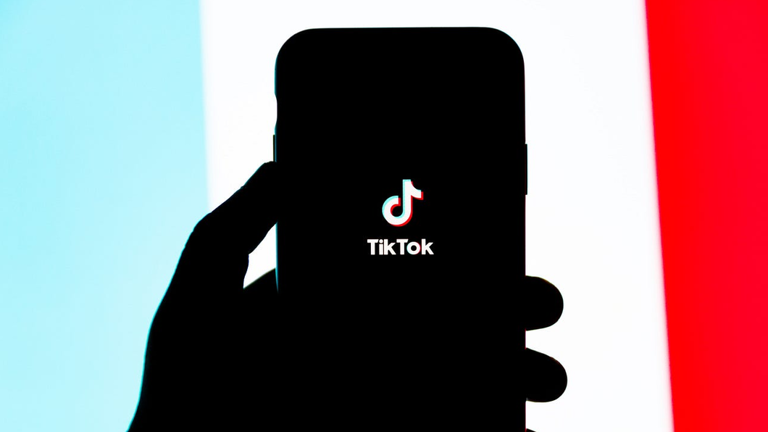TikTok’s legal skirmish against the U.S. government’s endeavors to ban or coerce a sale of the widely-used social media platform is escalating into a significant legal battle. With the company filing a lawsuit and aiming to overturn the legislation that specifically targets it, the clash between TikTok and the American government is gaining prominence.
At the crux of TikTok’s argument is the contention that Congress’s passage of the Protecting Americans From Foreign Adversary Controlled Applications Act represents an unprecedented move. By singling out and imposing a ban on TikTok, the legislation has raised concerns about the protection of free speech and expression. TikTok’s legal counsel asserts that the proposed law, if enacted, would result in the app’s shutdown in the United States by January 19, 2025, effectively depriving millions of users of access to a vital online platform.
The lawsuit filed by TikTok represents a direct response to legislative actions taken by both chambers of Congress and signed into law by President Biden in April. This legal maneuver highlights the company’s determination to challenge what it perceives as an unjust targeting of its operations. Additionally, it underscores the gravity of the situation and the potential ramifications for TikTok and its user base.
Despite reports indicating potential interest from U.S. investors in acquiring TikTok, including prominent figures like ex-Activision CEO Bobby Kotick, TikTok’s parent company, ByteDance, appears to be prepared to take a firm stance. Reports suggest that ByteDance would opt to shutter the app in the U.S. rather than succumb to pressure to sell it. This strategic move underscores the seriousness of the legal battle and the profound implications it carries for both TikTok and its vast user community.
The conflict between TikTok and the U.S. government is not a new development, with previous attempts to ban the app tracing back to the Trump Administration. The core argument revolves around concerns regarding TikTok’s Chinese ownership under ByteDance and the perceived national security risks it poses. Advocates for the ban argue that divestment or prohibition is necessary to mitigate these risks. Conversely, opponents, including organizations like the ACLU, contend that such measures constitute an infringement on constitutional rights, particularly freedom of speech.
As the legal proceedings continue to unfold, the outcome will reverberate beyond TikTok’s fate, potentially shaping the future landscape of social media regulation and individual rights in the digital era. The legal battle between TikTok and the U.S. government underscores the complexities and challenges inherent in navigating the intersection of technology, national security, and civil liberties.
